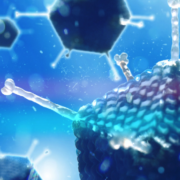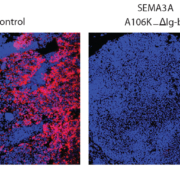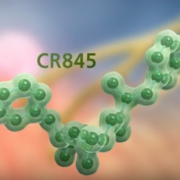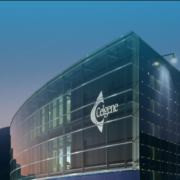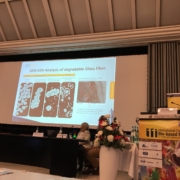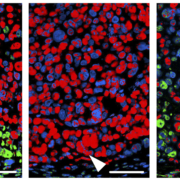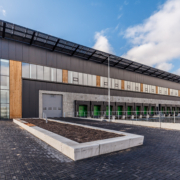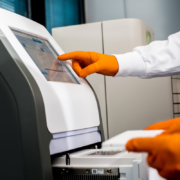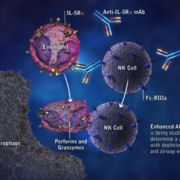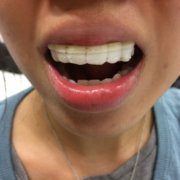Targovax ASA’s cancer immunotherapy TG01 significantly prolonged 2-year overall survival of patients with resected pancreatic cancer versus standard therapy. Targovax’ shares were up 16% on Thursday evening.
ADVERTISEMENT
Italian oncologists have found a more effective tumour angiogenesis blocker which curbs metastasis and tumour growth.
Vifor Fresenius Medical Care Renal Pharma has licenced ex-US/Japanese/Korean rights to commercialise CR845 (difelikefalin) from Cara Therapeutics for the treatment of chronic kidney disease-associated pruritus (CKD-aP).
Evotec AG and Celgene Corporation have entered into a strategic drug discovery and development partnership to identify new therapeutics in oncology.
Bioeconomy industry experts gave a mixed outlook for biomaterials in mid-May in Cologne where about 200 stakeholder joined the 11th International Conference on Bio-based Materials.
Researchers at LMU Munich have unraveled a new strategy of colon cancers to evade targeted therapies.
CAR-T cell therapy specialist Kite Pharma, now part of Gilead Sciences, has expanded its cell therapy manufacturing footprint in Europe. A 117,000 square-foot facility in Hoofddorp, the Netherlands, will be operational by 2020.
CAR-T cell developer bluebird bio Inc. has extended its potential US$1bn deal with cancer neoantigen TCR specialist MediGene by two new targets adding US$500m potential revenues to the licence agreement.
British drug maker AstraZeneca’s IL-5Ralpha blocker benralizumab did not reduce exacerbations significantly compared to placebo in patients with moderate to severe chronic obstructive pulmonary disease (COPD).
A research team headed by Jean-Christophe Leroux from ETH Zurüch has created the first-ever 3-D printed mouth guard that could deliver drugs to the wearer and is highly customizable, in terms of drug release and design.


